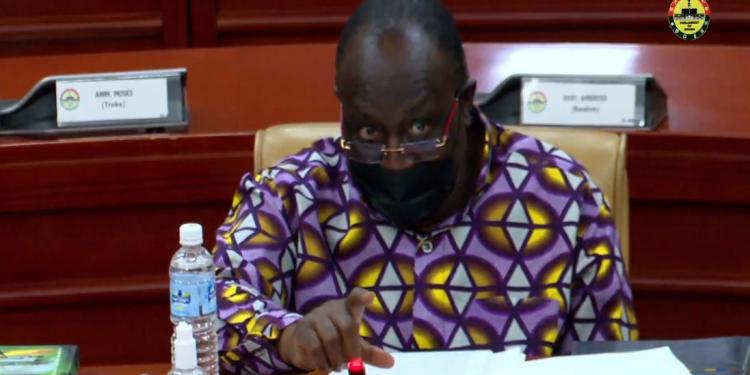139,331 jobs created from 1D1F so far – Alan Kyerematen
- Advertisement -
The Trade and Industry Minister-designate, Alan Kyerematen says 139,331 jobs have so far been created from the government’s One District, One Factory initiative.
Mr. Kyerematen, who announced this when he appeared before the Appointments Committee of Parliament on Friday, February 26, 2021, also disclosed that “76 of the projects are currently operational whilst 107 of the projects are under construction. 49 projects are ready for construction to commence within the first half of the year”.
- Advertisement -
Read More:
- Advertisement -
Through the intervention of 1D1F, 139,331 direct and indirect jobs have so far been created by the 76 companies that are already operational. 285,915 additional direct and indirect jobs are projected from the projects that are under construction,” he added.
He also indicated that 68 of the 232 1D1F projects are existing companies.
Currently we have 232 1D1F projects at various stages of implementation. Contrary to comments that 1D1F is just an attempt to brush up on existing companies, if you look at the statistics, only 64 of the 232 companies are existing. 168 of them are new companies.”
- Advertisement -
The Trade and Industry Minister-designate added that the 1D1F initiative is one of the most revolutionary programmes since Ghana’s independence.

It is appropriate for me to indicate that the One District, One Factory initiative, which has been led by the Ministry of Trade and Industry is one of the most revolutionary interventions to have been introduced in our country since independence. It goes to the core of bringing industry and development to the doorsteps of ordinary people and that is why we pursued this whole programme with aggression.”
The 1D1F is a private sector-led initiative envisioned by President Akufo-Addo to create the necessary conducive environment for businesses to access funding from financial institutions and other support services from government agencies so as to establish factories and production units in the various districts of the country.
It seeks to change the structure of Ghana’s economy from one which is dependent on import and export of raw material to one which is focused on manufacturing, value addition, and export of processed goods by processing raw materials found largely in the 275 districts of the country into finished or semi-finished goods.
Source:CNR
- Advertisement -

